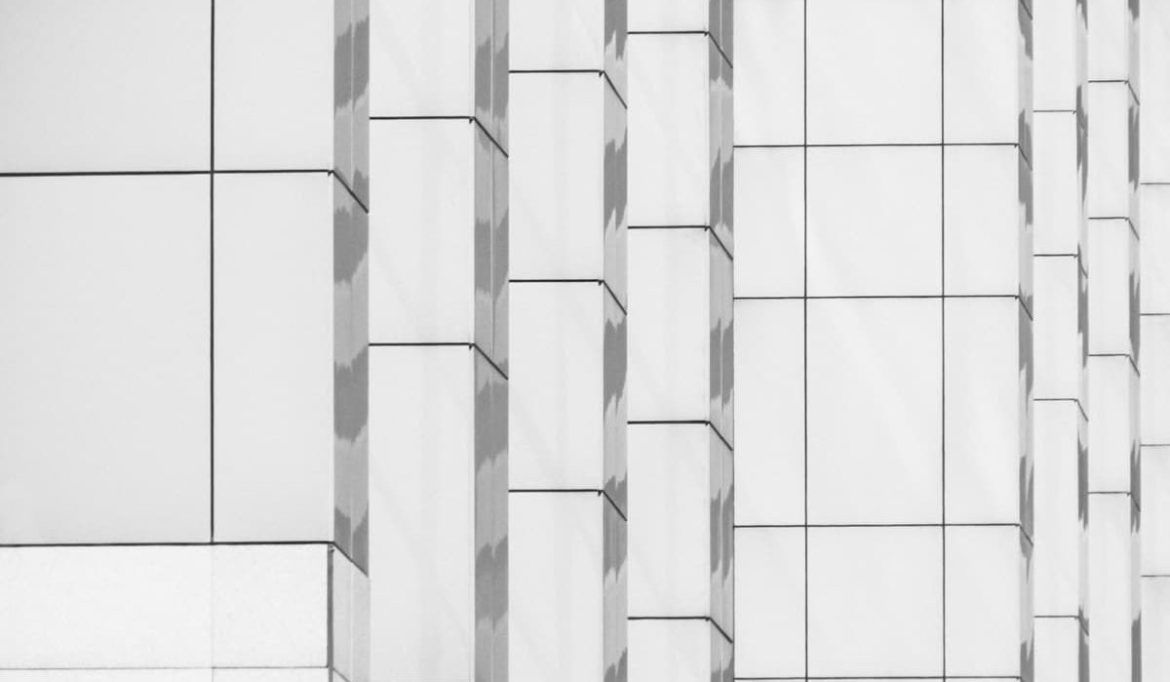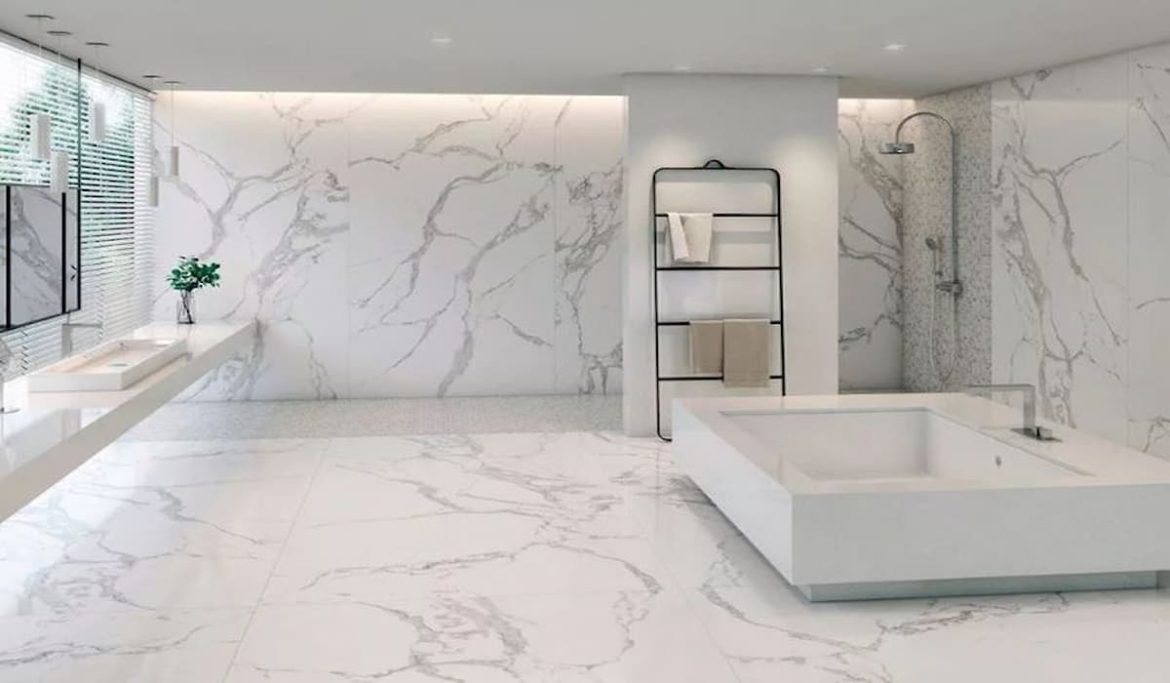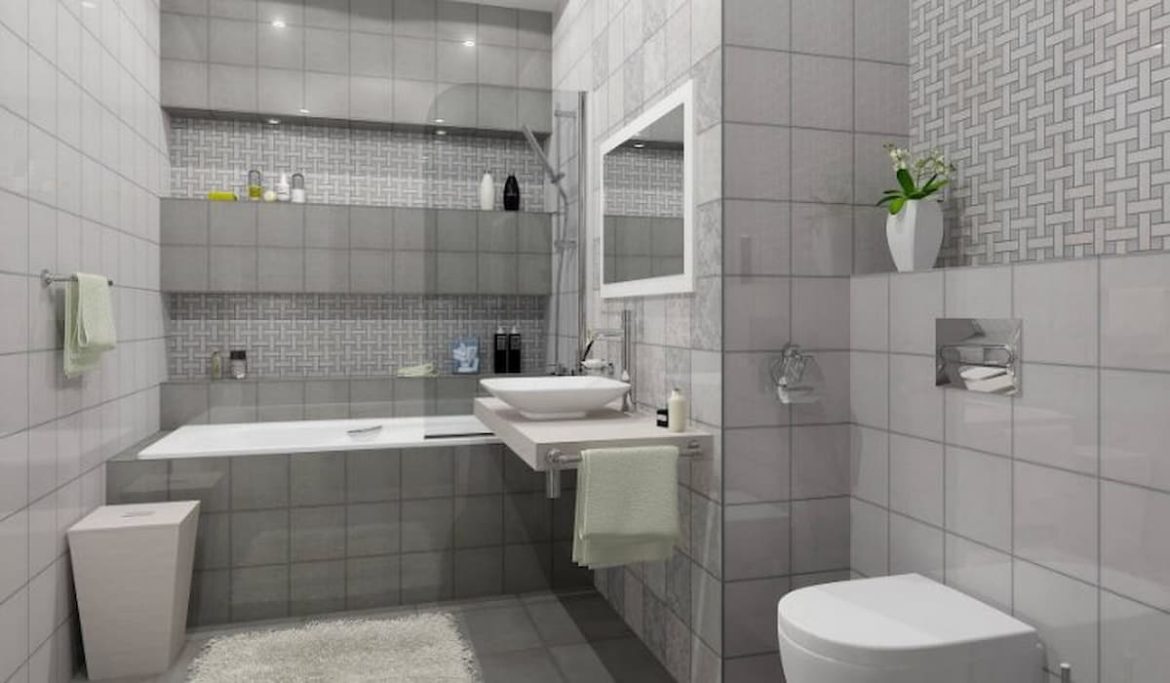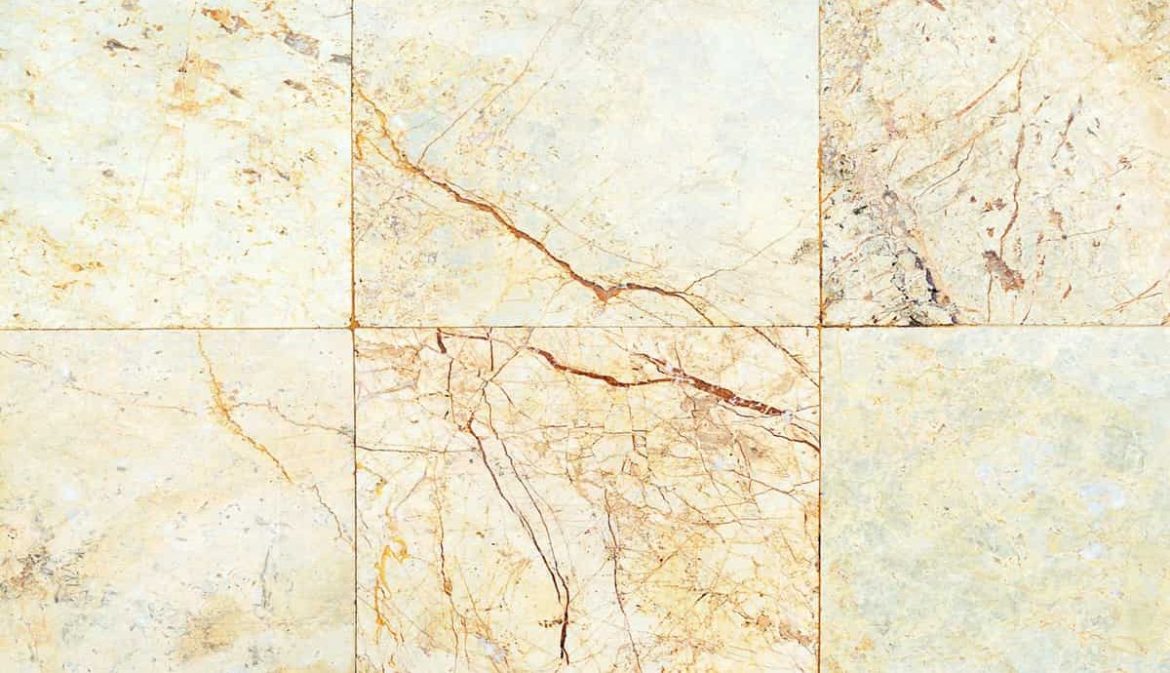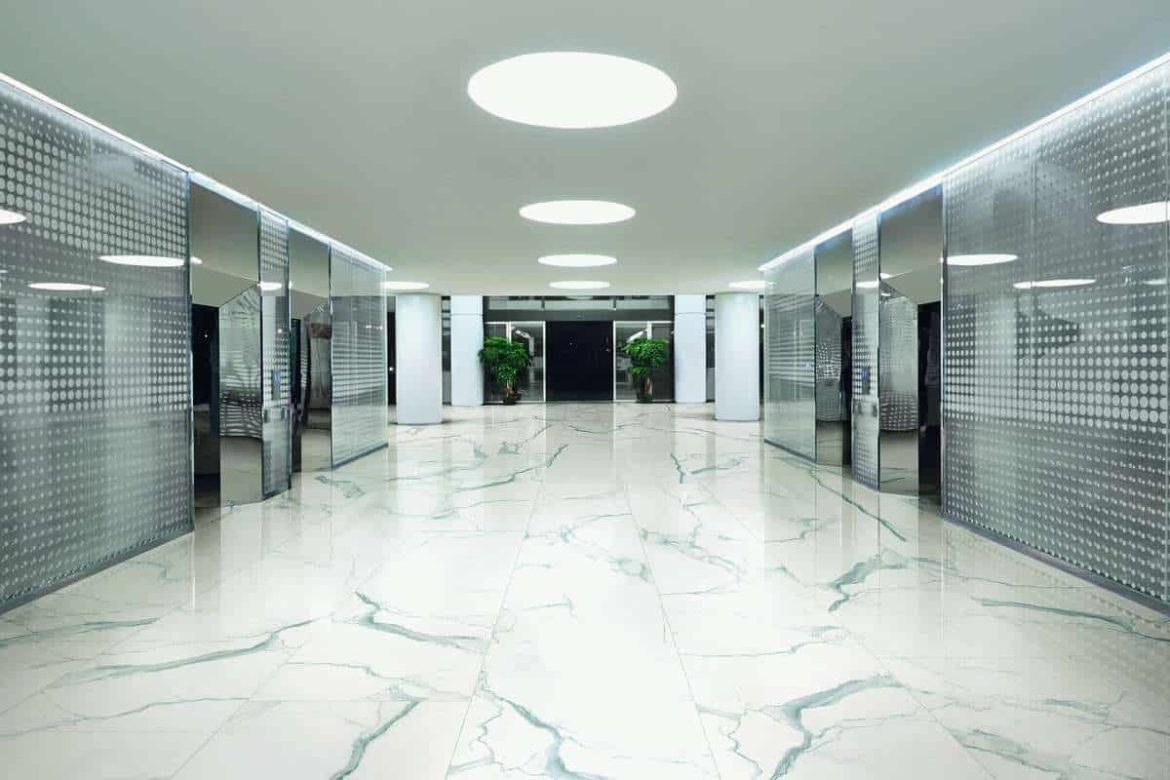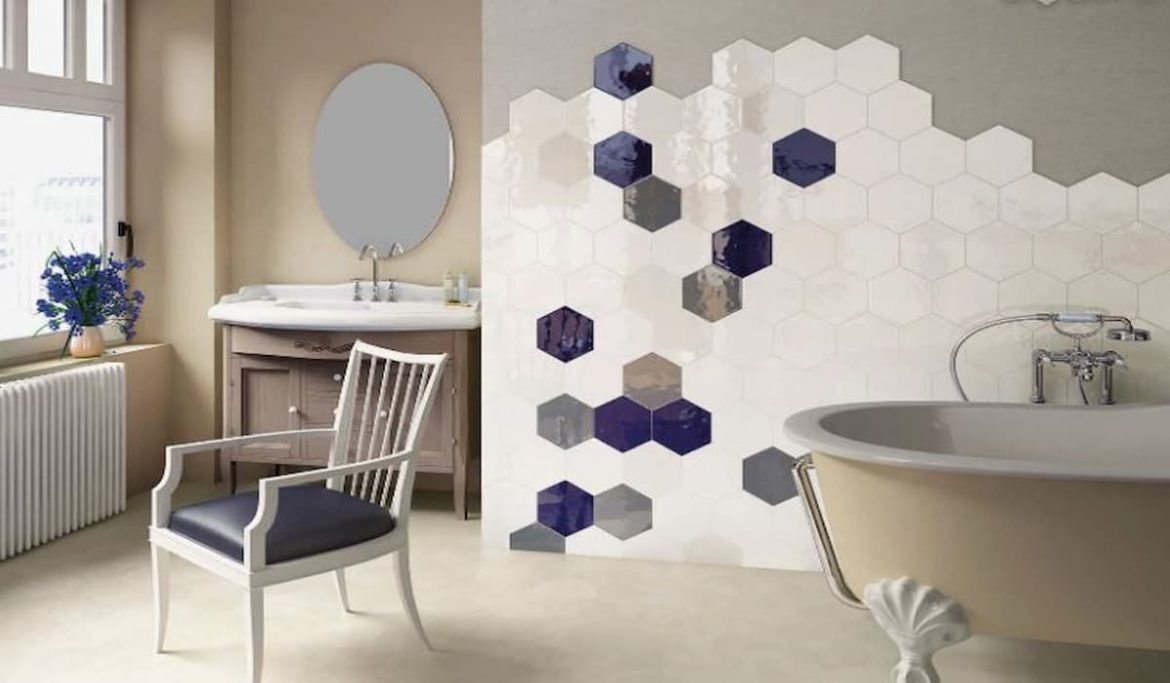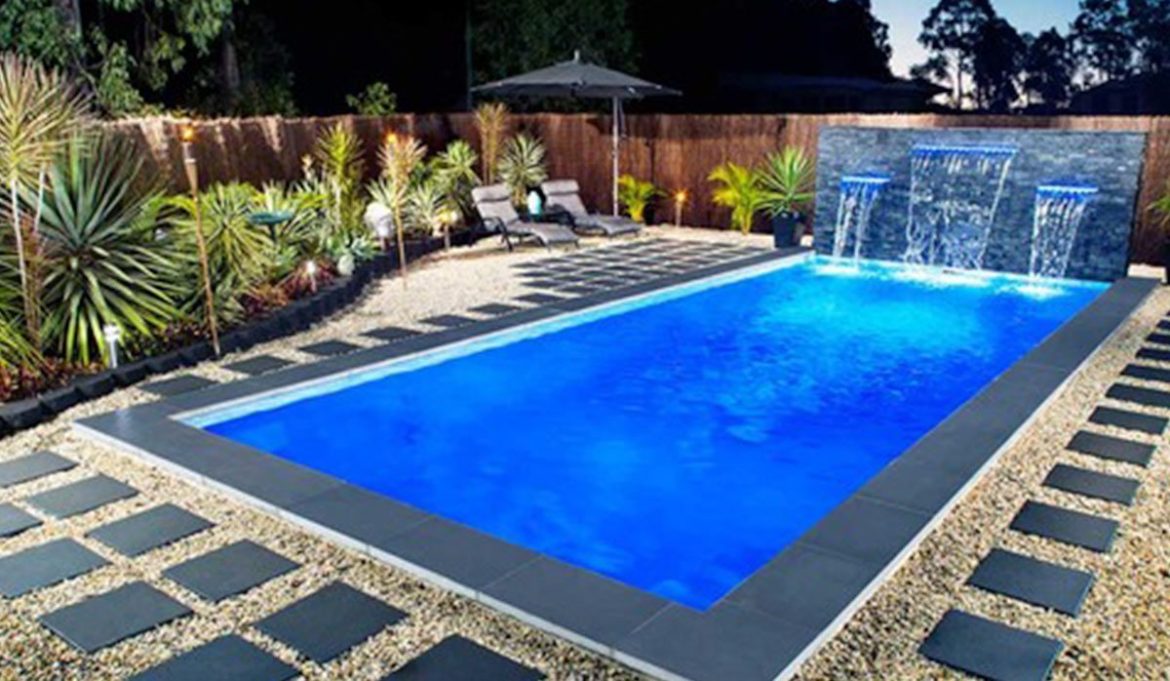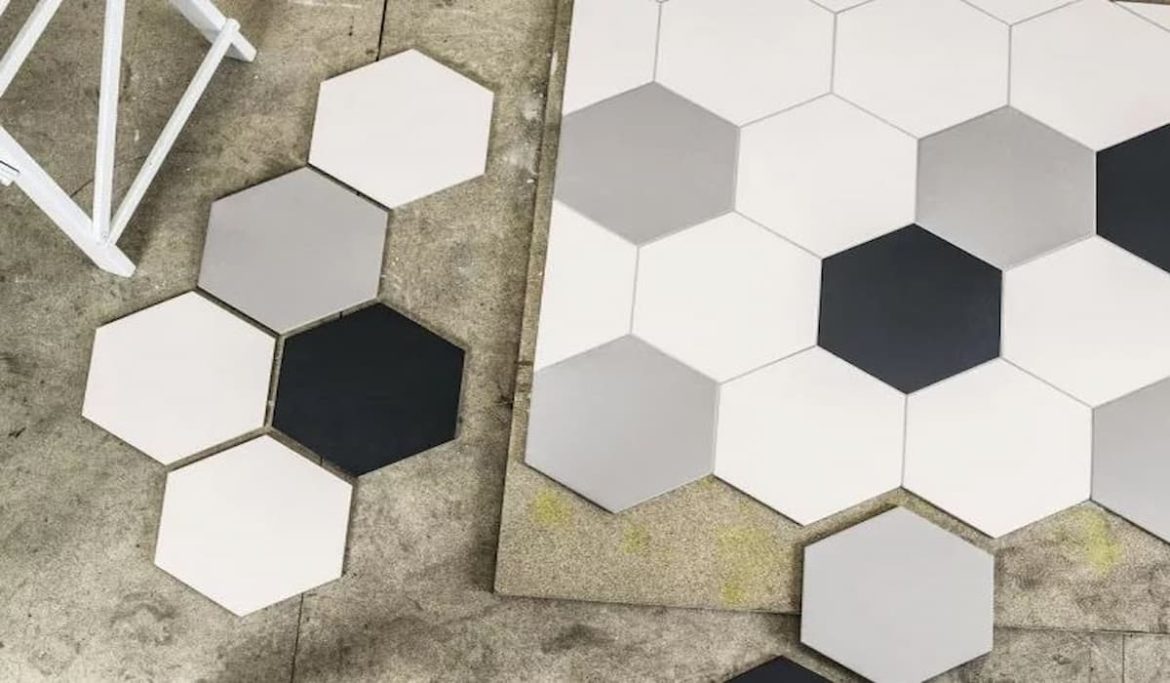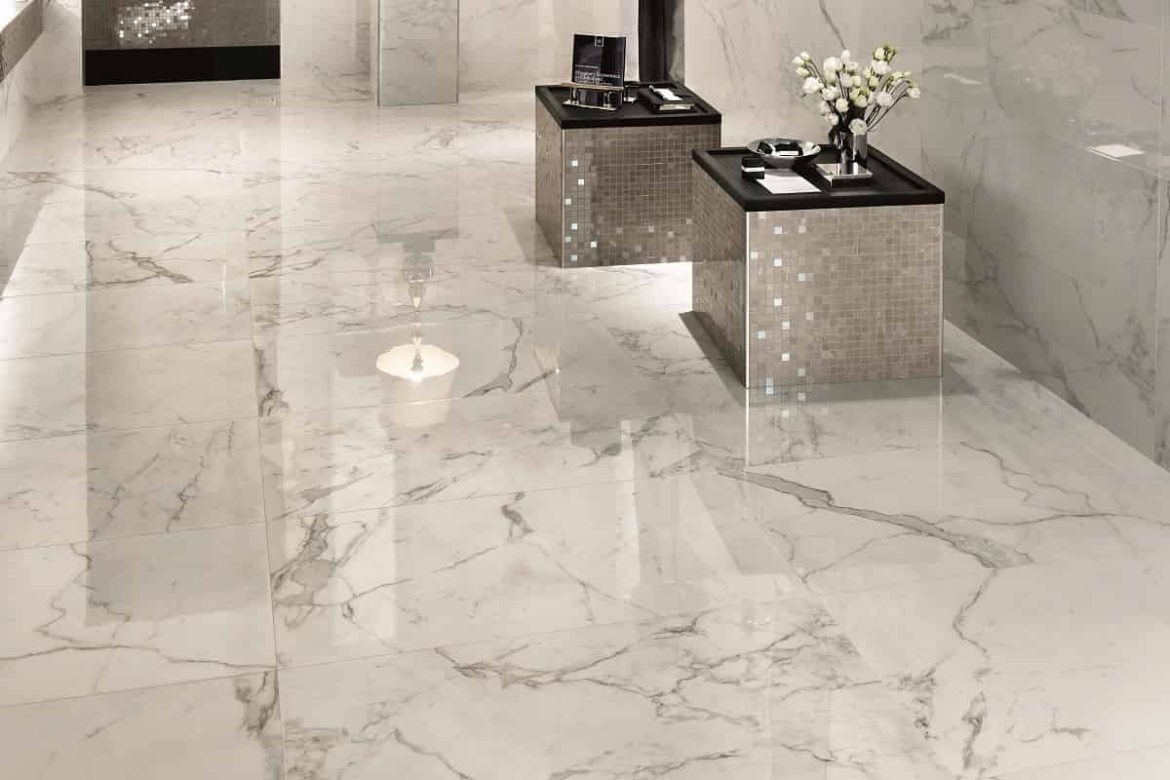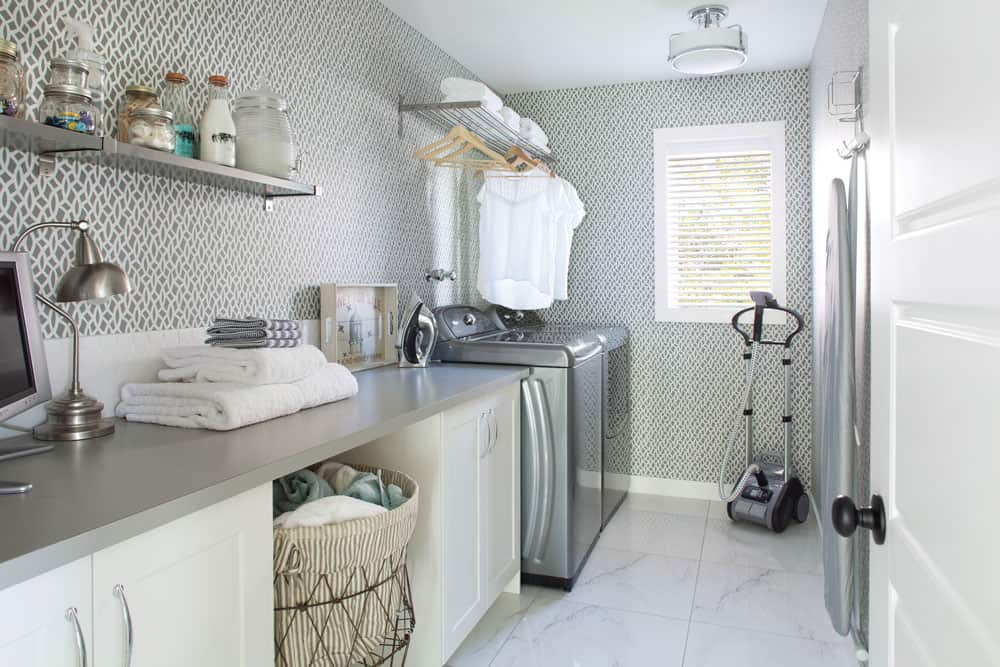glazed homogenous tiles price list in 2023
When addressing the homogeneous vs glazed porcelain tiles, there is sometimes some misunderstanding
First, homogeneous tile is a type of porcelain whole-body tile
The hue of the tile is consistent throughout the substance, so to speak
Glazed porcelain tile, which has a glazing design added to its surface, is another variety of porcelain tile
Unlike homogenous tiles, glazed porcelain tiles allow you to digitally print your preferred design onto their surface
Glazed porcelain tiles are a great option if you want to give your house a distinctive and upscale appeal
Choose homogenous or full-bodied porcelain tiles instead if you’re seeking a more lasting kind of tile
suitable for setting up all varieties of floor tiles
Renovations to homes must include tiles
It is built of strong materials and not only improves the area’s beauty
Additionally, the only material that can enhance both floors and walls is tile
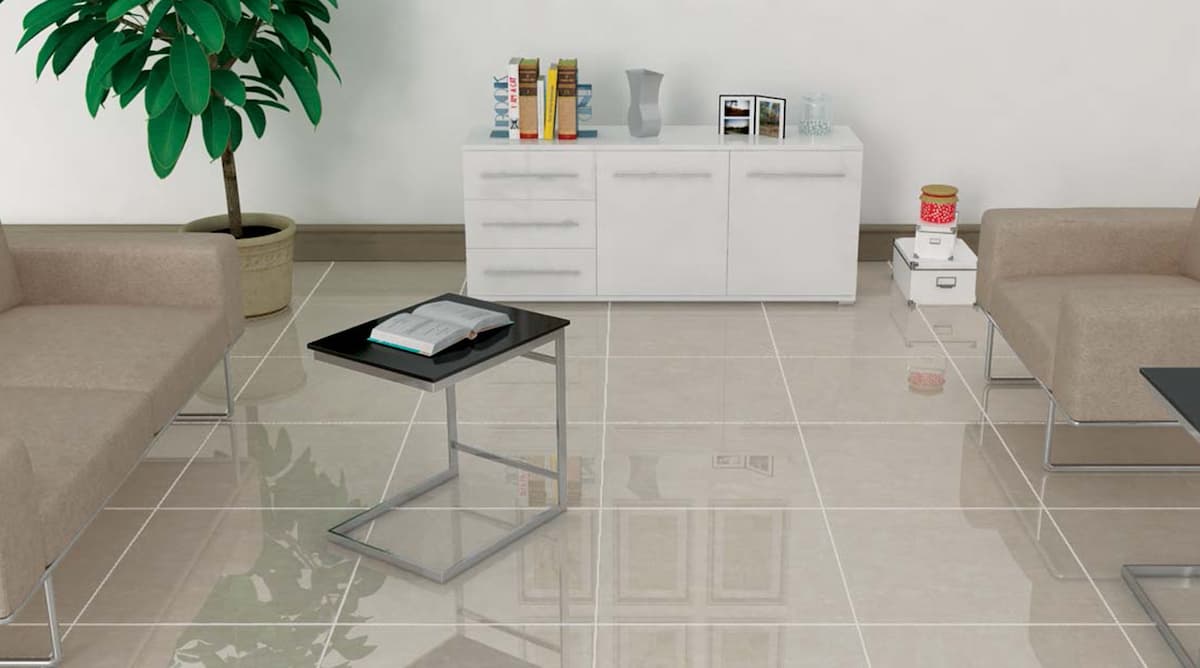
Although kitchens and bathrooms are where tiles are most frequently used, experienced tiling contractors may now utilize tiles in other parts of the house to give it a more uniform appearance
Tiles come in a wide range of sizes, shapes, colors, and textures nowadays
You may select from a huge selection of chic, time-honored designs for ceramic and solid floor tiles, as well as both
Homogeneous tiles may be the first thing that comes to mind when discussing tiles
Porcelain tile that is non-porous and water resistant is known as homogeneous tile
Homogeneous tiles are comparable to other porcelain tiles, which are primarily unglazed
When seeking for strong and attractive tiles, homogeneous tiles are the greatest option
These color-changing unglazed tiles are ideal for use in bathrooms, kitchens, and even bedrooms
Use as floor or wall tiles for a more opulent appearance
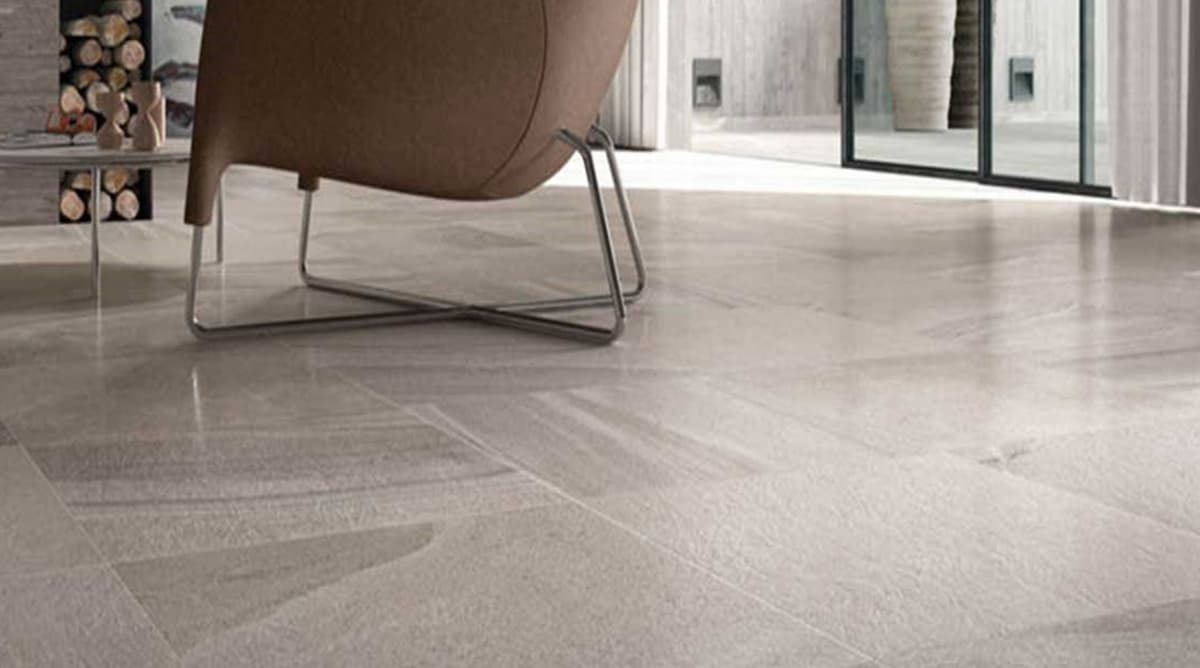
In business settings, it is common to see old ceramic tiles
Restaurants and train stations nearly universally employ ceramic tiles with a Victorian aesthetic
In addition to being easier to maintain, ceramic tiles have various advantages over homogeneous tiles
Homogeneous tiles are burned at extremely high temperatures, unlike ceramic tiles, making them strong and impermeable
Conversely, ceramic tiles cannot be utilized in moist regions due to their porous nature and low water resistance
Ceramic tiles might not be the best option for your kitchen and bathroom installations
Basically, endurance is what sets ceramic tiles apart from homogenous tiles
Ceramic tiles may develop little fractures, although these are readily concealed by the homogeneous tile surface’s discolored texture
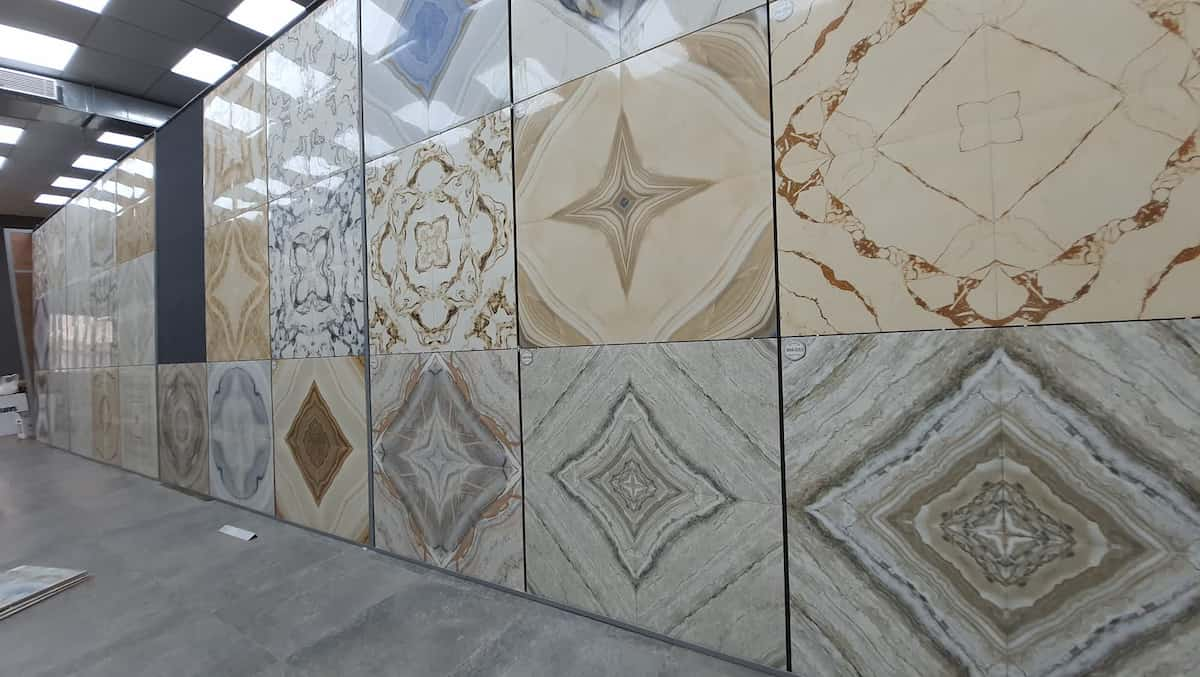
Porcelain homogeneous tiles
Unglazed porcelain tiles are homogeneous flooring options
The color spreads across the clay tiles, thus the name
The tiles are subjected to extremely high and sustained firing temperatures, increasing the end product’s strength and hermeticity
Read on to discover more about the characteristics of homogenous tiles if you’re thinking about using them in your new residence or place of business
Homogeneous tiles have a great degree of flexibility and density
These hardy tiles are perfect for heavy traffic areas like workplaces and retail centers since they can endure weight and pressure without breaking or peeling
It is therefore appropriate for usage in residential areas with less traffic
Compared to other typical tiles like ceramic tiles, homogeneous tiles absorb water at a considerably lower rate
That indicates that it is water resistant, which makes it ideal for moist spaces like bathrooms, kitchens, and patios
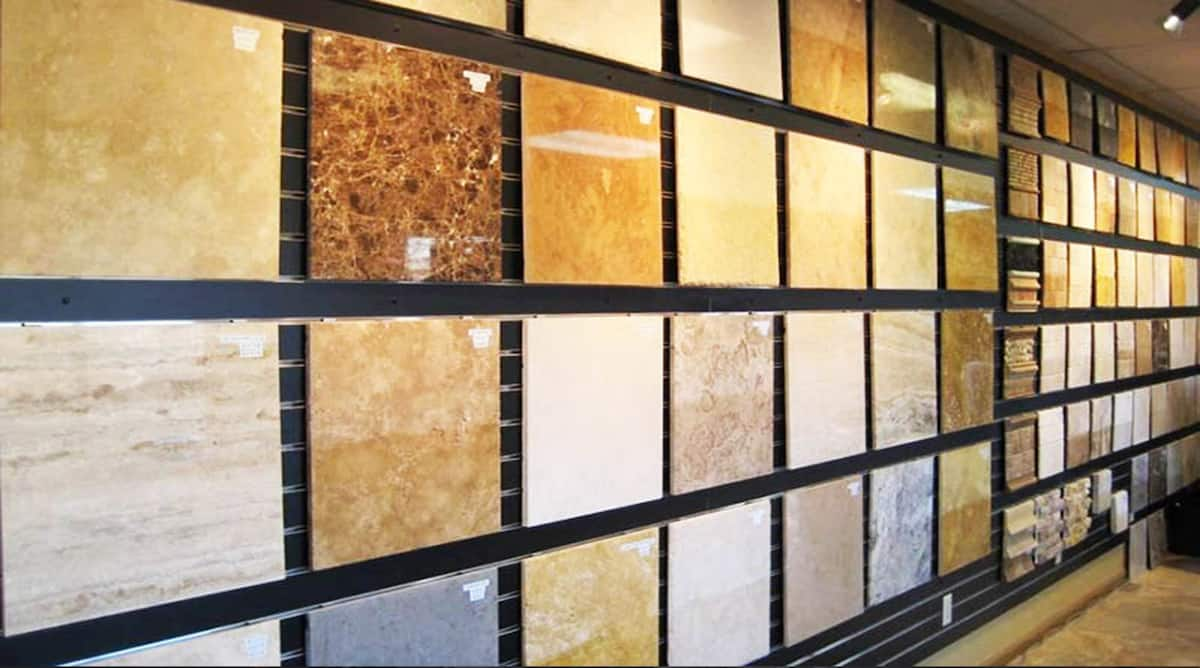
Due to its non-porous nature, which makes it less sensitive to variations in humidity and temperature, it is also quite durable
As they may be used on surfaces like bathroom walls and kitchen backsplashes in addition to flooring, homogeneous tiles are incredibly adaptable
Due to its resistance to stains and chemicals, the homogeneous tile structure is incredibly simple to maintain
These tiles don’t soak up or absorb liquids, making them simple to clean and leaving no trace on the surface
Due to the continuous composition of the material that rotates throughout the tile body, a uniform tile appearance results in a longer life since cracks and cuts on the tile surface are less evident
Therefore, homogeneous tiles are perfect for delicate surfaces in places like houses with kids or animals
Homogeneous tiles have a high degree of uniformity, making them exceedingly specialized
Spreading patterns like wood grain and marble patterns from the surface to the entire body is challenging
Although homogeneous tiles are less varied, they often come in solid colors or designs resembling wood grain, which go well with most interiors
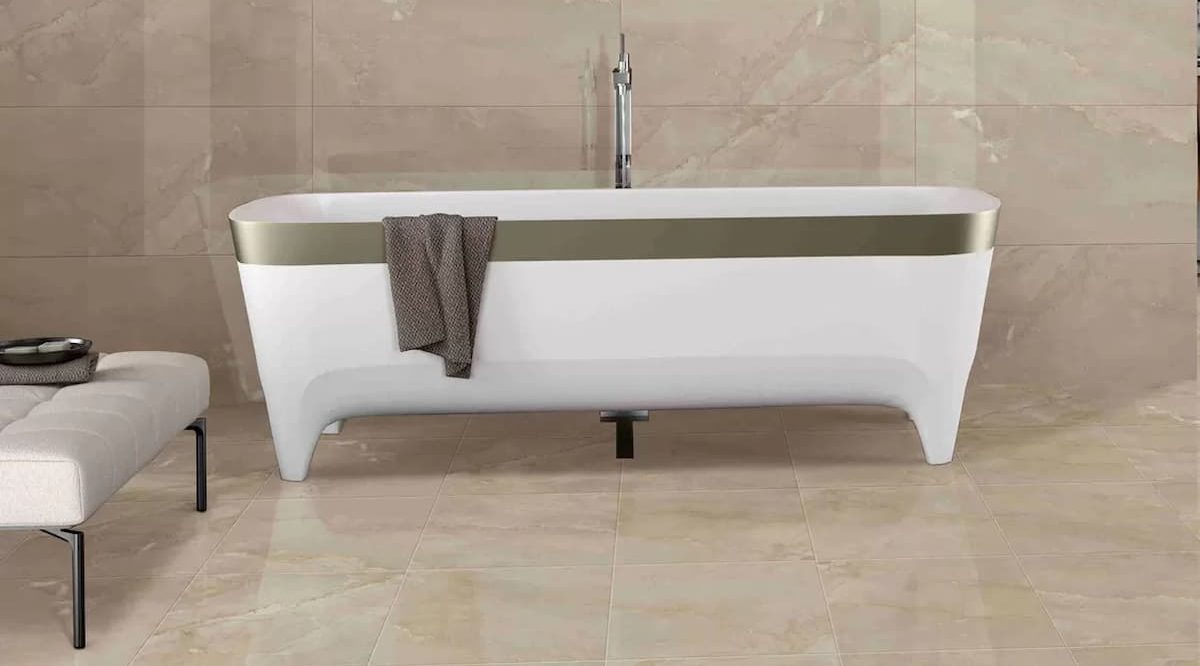
Compared to other flooring alternatives like ceramic tiles and vinyl flooring, uniform tiles are not the cheapest
However, they are more reasonably priced than hardwoods and genuine stone tiles
It’s also a wise investment for your project due to its robustness and lack of noise
Because uniform tiles are heavy and hard to cut to fit tight corners, they can be challenging to deal with
Make sure the building’s structure is sturdy enough to sustain the additional weight of the tiles before putting homogenous tiles on a home’s second story
It is advised to hire a professional to lay the flooring if you utilize homogenous tiles
Like other tiles, homogeneous tiles are simple to clean as long as messes and stains are routinely cleaned from the surface
To maintain the best possible condition for your tiles, regular and thorough cleaning is often advised
Here are some suggestions for keeping your floor tiles level
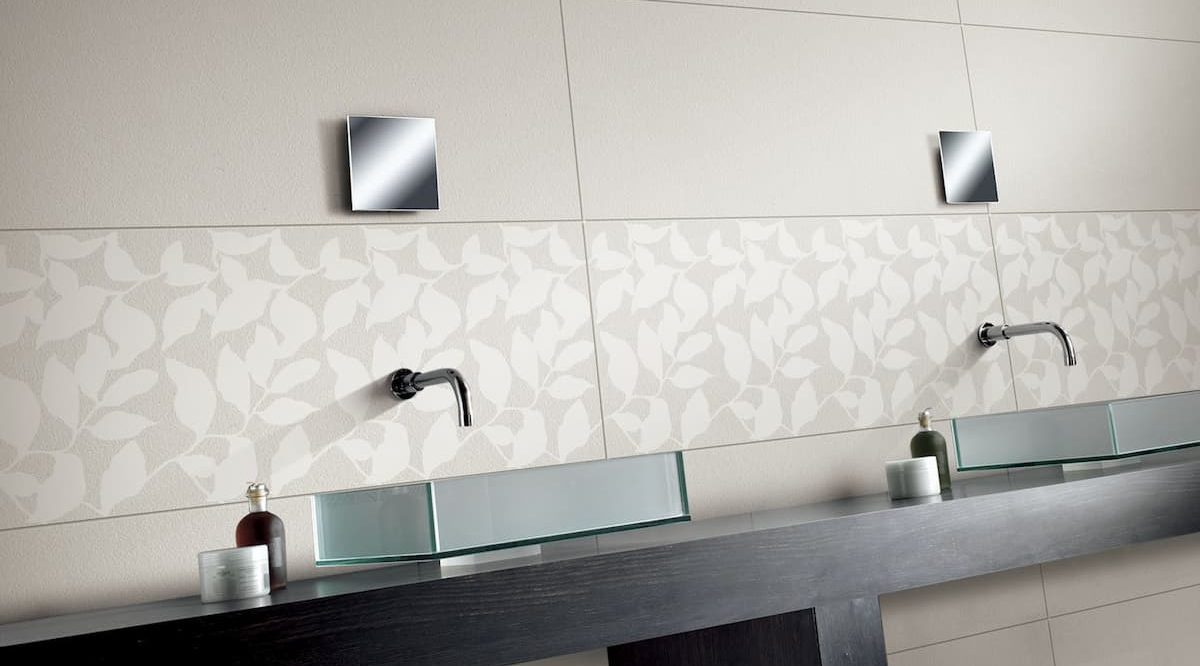
When homogeneous floor tiles are cleaned regularly using a dry cleaner, dust and other contaminants that might harm the surface are removed while maintaining the tiles’ finest appearance
All varieties of tiles, even homogenous tiles, may be safely cleaned using neutral pH cleansers since they are neither acidic nor alkaline
Before cleaning homogenous floor tiles, read and heed the cleaner’s directions and cautions on the packaging
A typical disinfectant, diluted rubbing alcohol, may safely and effectively clean ceramic tiles, especially uniform tiles
After mopping the floor, run cold water over the tiles to remove any remaining diluted rubbing alcohol, and then let the area dry
